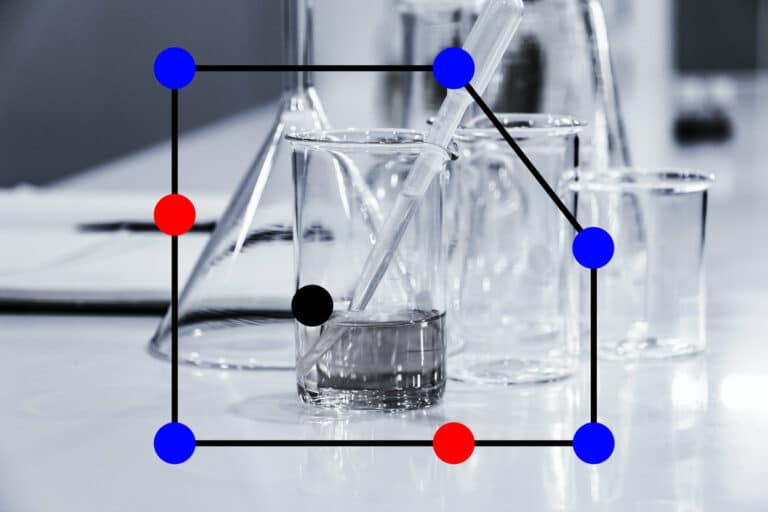OBJECTIVE
With the acquired knowledge of DOE-I and of this extension, participants will be able to set up and analyze a suitable design for almost every practical situation.
INTENDED AUDIENCE & PRIOR KNOWLEDGE
This course is intended for those who deal with categorical variables and / or situations for which symmetrical designs are not possible. Participants to this course are expected to have followed DOE-I. The examples are taken from the process industry and will appeal the most to people from that world.
SET-UP
This course builds on what was covered in DOE-I. The optimal design part focuses on generating and evaluating optimal designs and less on the statistical analysis of the experiments.
The theory is also illustrated with hands-on exercises.
CONTENTS
- Categorical variables (e.g. type of additive): classical designs and their analysis
- Evaluation of designs: how accurate will the resulting model be, which effects can I determine, condition number, information index, VIF, D/G efficiency, Fraction of Design Space (FDS)
- Optimal designs: optimal configuration of experiments for constrained systems, for which symmetrical designs are inadequate
CASES & APPLICATIONS
- Studies in which a choice must be made from various alternatives, such as the material or equipment used, the geometry of the reactor, or the location where the experiments are carried out
- studies with very specific requirements for the settings that can be investigated, not only: ‘the temperature should preferably be between 70 and 80 °C’, but also: ‘at low temperature we do what we want, but at high temperature we can’t turn the cooling down’
